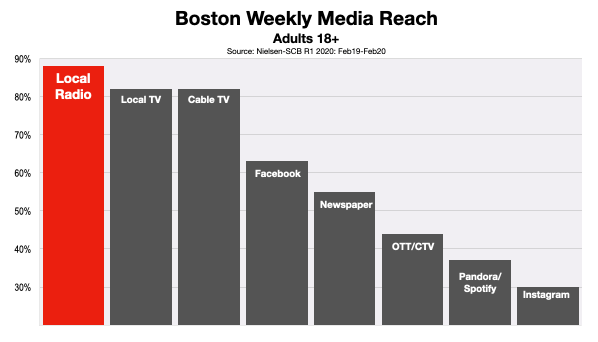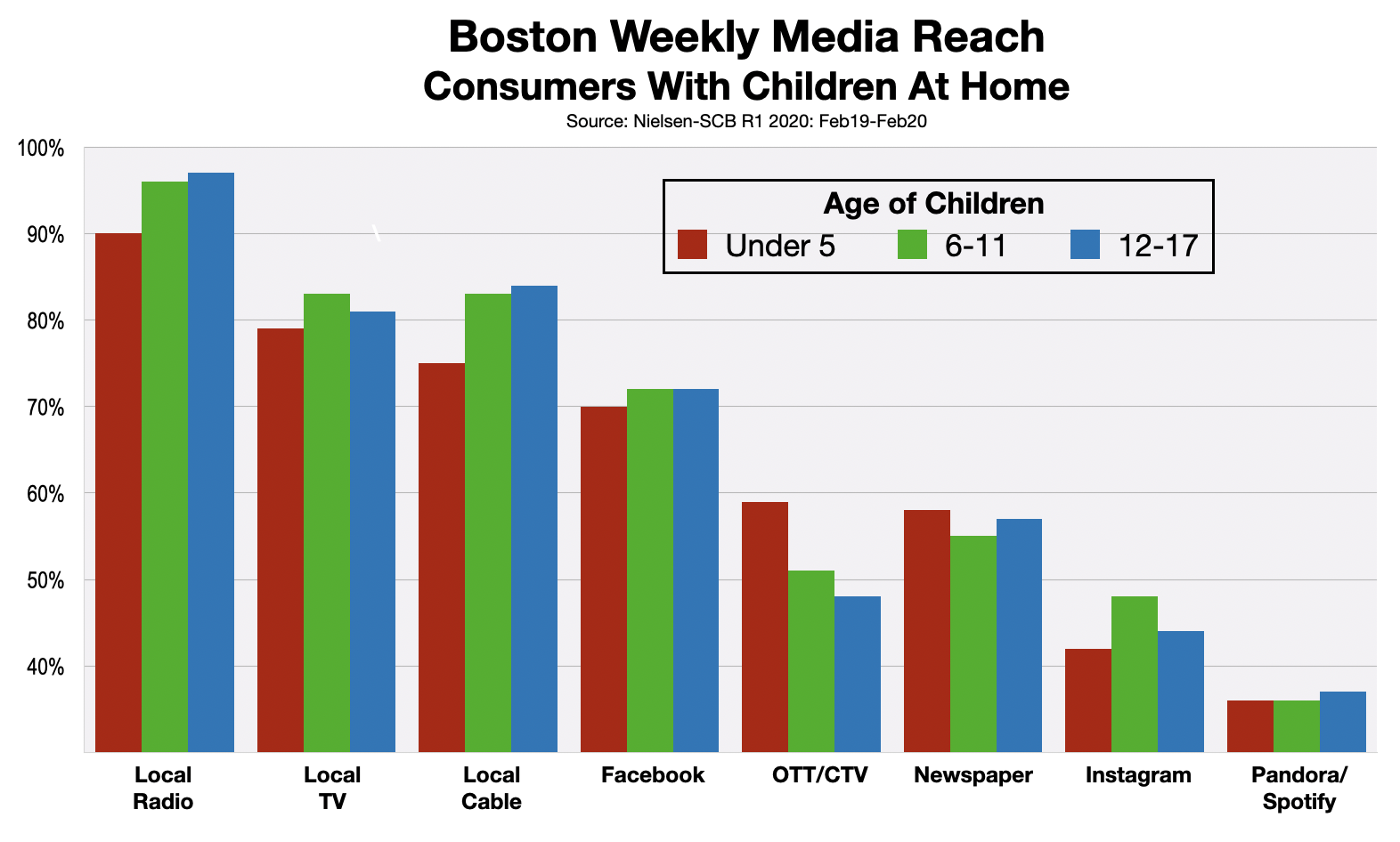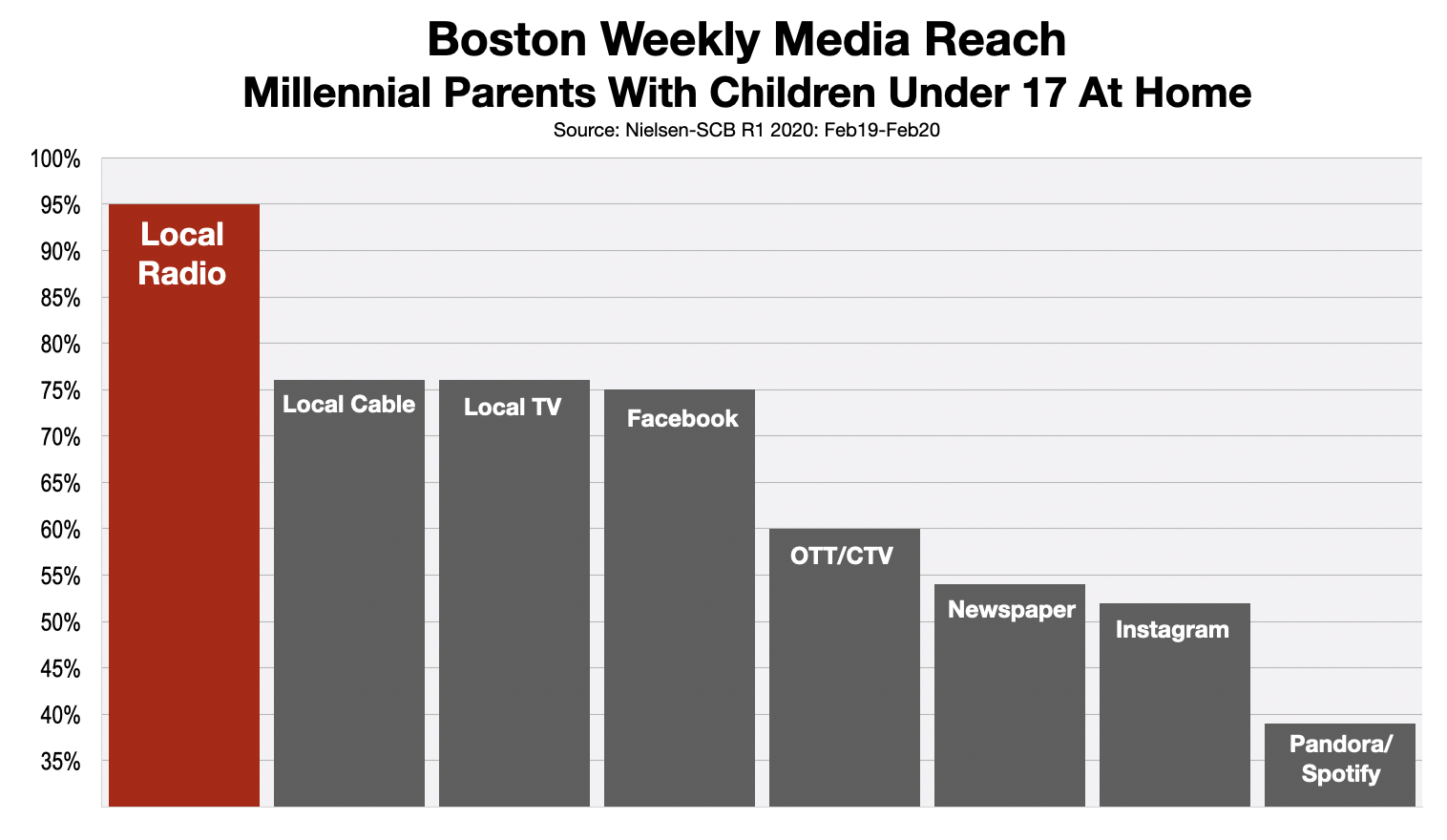 Boston area shoppers are expected to spend over $18.1 billion during this year's November-January holiday season. This estimate is based on a forecast issued last week by Deloitte, the world's largest business accounting firm. This spending represents a 1-1.5% increase versus the same period last year.
Boston area shoppers are expected to spend over $18.1 billion during this year's November-January holiday season. This estimate is based on a forecast issued last week by Deloitte, the world's largest business accounting firm. This spending represents a 1-1.5% increase versus the same period last year.
How can Boston small business owners best compete for a significant share of the 2020 holiday expenditures?
"Retailers who prioritize customers’ desires for a safe, efficient shopping journey will be the big winners this year," writes Sean Gundz on www.ChainstoreAge.com.
"The holiday season is always a stressful time for retailers, especially the ones that make the majority of their revenue in the short window between Thanksgiving and Christmas," says Mr. Gundz.
"Within this window is Black Friday, which, along with other big holiday sales events, are going to look a lot different this year. Retailers must accommodate COVID-19 mandates that enable social distancing, minimize surface touching, and actually restrict foot traffic in their facilities. All while trying to optimize sales."
Mr. Gundz says there is no single way to deal with the challenges facing retailers this holiday season. He does offer five tips, though, that every Boston retailer can employ.
- Replicate the in-store-experience elsewhere. Mr. Gundz points out that the space required to permit social distancing could reduce a store's ability to display merchandise. He suggests, though, that during the holiday season, a retailer could place tents with heaters in their parking lots as additional showrooms.
- Focus on in-store efficiency. "With the pandemic-related mandates," says Mr. Gund, "merchants can’t do anything about the fact they’ll need to restrict foot traffic in their stores. But they can focus on making each customer’s visit as efficient as possible". He suggests the possibility of stores adding 'by appointment' shopping opportunities and in-store concierge services.
- Look For New Ways to Fulfill Orders. Customers may have safety concerns standing in crowded checkout lines. Mr. Gundz suggests that employing buy-online-pick-up-in-store options is a service consumers love.
- Make The Returns Process Easier. Mr. Gundz points out that returns may be higher this holiday season as shoppers are restricted or avoid handling merchandise. This includes activities such as trying on clothes. Consumers may avoid buying at brick and mortar locations if they anticipate refunds and exchanges will result in hassles and lack of social distancing.
- Personalized experiences still matter. "Creating a shopping environment that tries to minimize human contact and touch naturally lends itself to an impersonal experience — not to mention everyone wearing masks that hide smiles and other personable traits, says Mr. Gundz. He has several suggestions for retailers to show customers they care. This includes expressing appreciation with notes on receipts, emails, text messages, and in-store signage. Most importantly, he advises, "instead of assuming the worst when a customer enters the store without a mask, offer them a free mask that they can use in the store."
Regardless of the strategy Boston small business owners and retailers utilized to ensure success during the upcoming holiday season, there is one tactic that cannot be overlooked.
"With any changes," says Mr. Gundz, "it’s critical to communicate with customers ahead of time, so they understand why they should visit one location versus another."
By almost any metric, the best way for any local business to communicate to customers is on Boston radio.
In a recent study, Nielsen discovered the elements of an advertising campaign that had the most potent effect on purchase behavior. The results indicate that reach (the number of different consumers exposed to a campaign) was responsible for driving more sales for the advertiser than branding, recency, context, or targeting.
Each week, according to Nielsen, Boston radio reaches more adult consumers than all other advertising media available to local business owners.
A big part of holiday shopping is centered on buying gifts for children in the family. According to a study by T. Rowe Price, a global investment management firm, parents are expected to spend, on average, $422 per child during the Christmas season. Advertising on Boston radio is the best way to reach local moms and dads.
Boston radio is particularly strong among millennials, a crucial demographic for holiday shoppers. Currently, according to Nielsen, 50% of all children under the age of 18 have parents who are members of generation-Y.
In addition to reach, advertising on Boston radio can provide an exceptional return-on-investment for small business owners and retailers.
In more than 20 studies, research by Nielsen indicates that, on average, every $1000 invested in radio advertising returned $10,000 in sales. AdAge, a trade magazine for advertising professionals, calls these types of return "eye-popping". The magazine goes on to say radio's ROI is superior to commercials on TV, online, and social media.
Regardless of which advertising media Boston small business owners use to drive sales, to be successful, the message will need to be inclusive of four themes.
“For retailers, this holiday season will continue to push the boundaries on the importance of online, convenience, the role of the store, and the criticalness of safe and speedy fulfillment,” says Rod Sides, vice chairman, Deloitte LLP and U.S. retail and distribution sector leader.
More Advice For Boston Small Business Owners
- Boston Retailers Expect Sweet Halloween In 2020
- Boston Small Business Update: Auto Parts Sales Accelerate
- Banks and Credit Unions Reach ReFi Customers On Boston Radio
- Now Open: Political Advertising Window on Boston Radio
- Advertising In Boston: OTT & CTV Viewing Soars
To read the full article in Chain Store Age click here: https://bit.ly/3j1syqe
For more details from the Deloitte Holiday Shopping Forecast click here: https://bit.ly/3686wOL







